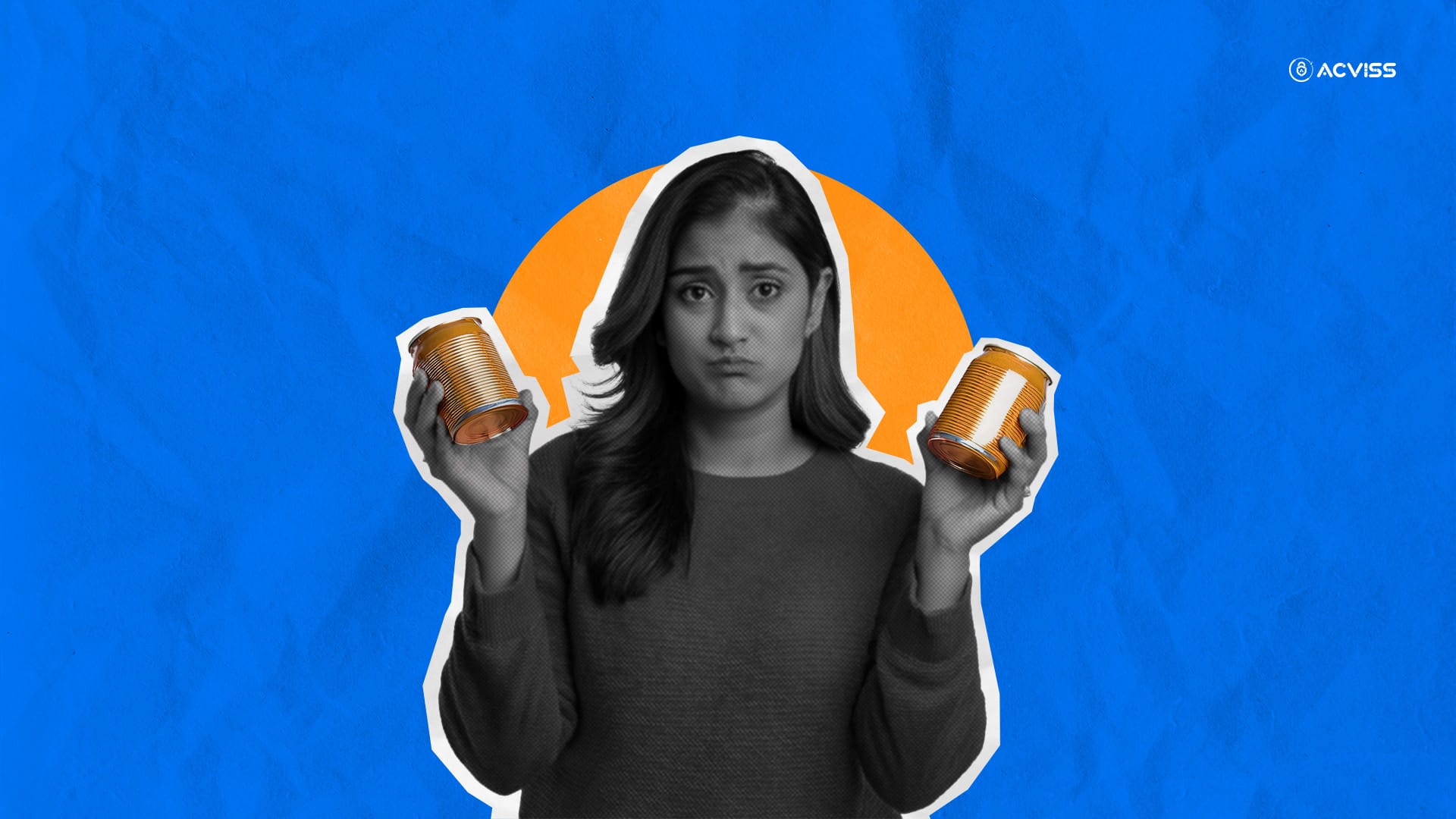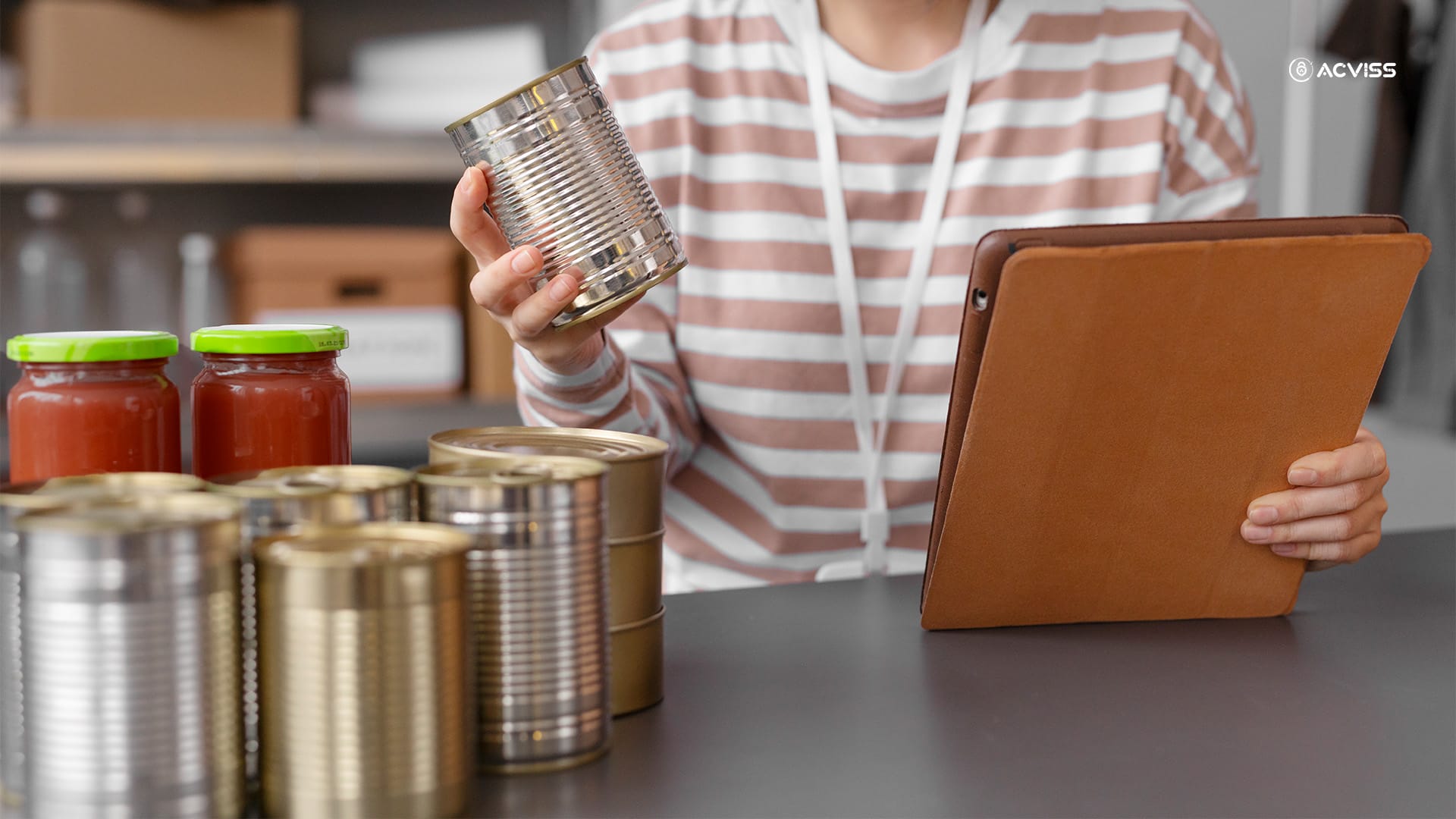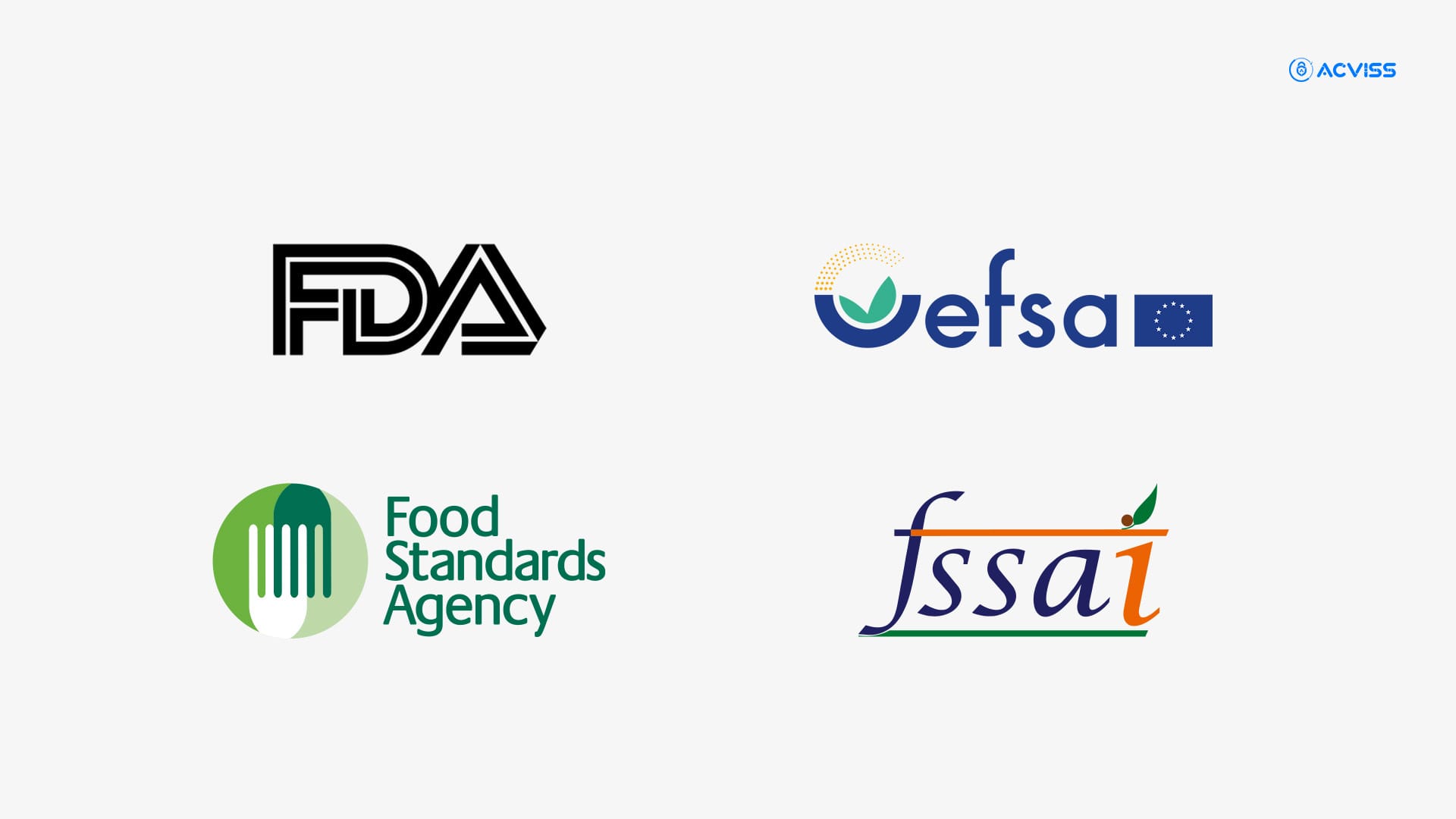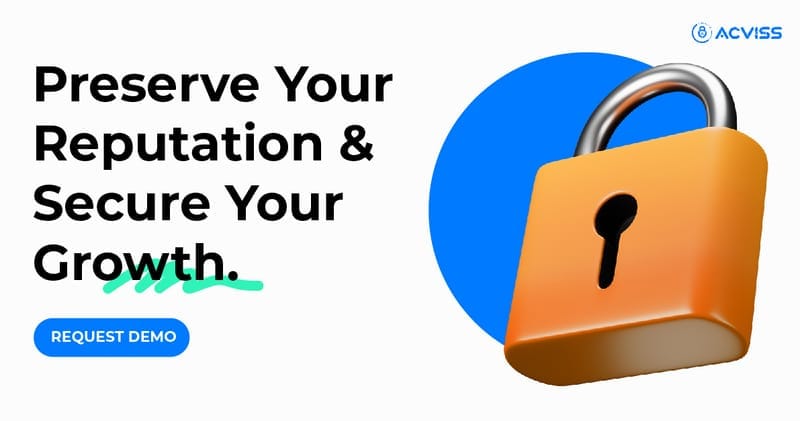Food Counterfeiting and Regulatory Responses- How Governments Are Tackling the Crisis

Imagine walking through your local market, excited to pick up your regular brand of olive oil. The packaging looks the same, the price is reasonable, and the label says it's 100% pure. But what if that bottle contains a cheaper, lower-quality oil? What if it's not even olive oil at all?
This isn't just a rare occurrence; it's happening more often than you'd think, and it's not just with olive oil. Food counterfeiting is a growing crisis that affects millions worldwide. Counterfeit food products have infiltrated the supply chain, from fake honey to diluted spices, threatening consumer health and brand reputation.
Food safety is a crucial issue, and government and regulatory bodies are working hard to tackle this growing threat. It's a global issue, and countries are collaborating to strengthen their food safety laws, inspection protocols, and enforcement actions.
In this blog, we'll explore the current legal frameworks, the role of international cooperation, and the actions the government and other key markets take to curb food counterfeiting.
What Is Food Counterfeiting?

Food counterfeiting refers to the intentional production and sale of fake or substandard food products that are falsely presented as genuine. People often confuse this with food adulteration. However, food counterfeiting is different from adulterated foods, where ingredients are substituted or degraded, often for economic gain, without consumers' knowledge. For example, olive oil diluted with cheaper oils or counterfeit wine falsely labelled as premium brands are common examples of food counterfeiting.
Counterfeit foods pose serious risks, including health hazards, business losses, and economic damage. Consumers may suffer illnesses from unsafe ingredients, while brands face reputational harm, resulting in financial losses and diminished trust. Additionally, governments are left to tackle the burden of increased food safety inspections and enforcement costs.
This can include selling lower-quality ingredients as premium ones or substituting a product with harmful substances.
For example, honey may be mixed with syrups, and expensive spices like saffron may be diluted with cheaper alternatives. These deceptive practices rob consumers of the quality they're paying for and expose them to health risks. In a world where supply chains span multiple countries, controlling and monitoring food authenticity has become increasingly complex.
In India, the Food Safety and Standards Authority of India (FSSAI) plays a crucial role in fighting against food fraud. But they're not alone. International bodies like the FDA in the U.S., EFSA in Europe, and cross-border initiatives are equally critical in ensuring the food is genuine and safe.
Regulatory Framework for Food Safety in India
India's food safety is primarily overseen by the Food Safety and Standards Authority of India (FSSAI), established under the Food Safety and Standards Act (FSS Act), 2006. This act outlines the guidelines and standards for ensuring food safety, covering everything from production and distribution to packaging and labelling.
Key Food Counterfeiting Laws:
- FSS Act, 2006: This legislation defines the responsibilities of food businesses and regulators in ensuring food safety. It also specifies penalties for food adulteration and counterfeiting.
- Legal Metrology Act: Enforces accurate packaging and labelling, ensuring consumers receive the correct information.
- Consumer Protection Act: Offers consumers legal recourse against unsafe or counterfeit products, empowering them to take action.
The FSSAI plays a crucial role in inspecting food products, conducting random sampling, and enforcing penalties for non-compliance. Food inspection and enforcement include regular testing of food items, conducting audits, and even creating consumer awareness initiatives such as the "Eat Right India" movement.
However, the FSSAI faces several challenges, including:
- Resource Constraints: Given India's vast population and fragmented food sectors, the FSSAI often struggles with limited manpower and resources for widespread enforcement.
- Unorganised Sectors: Small-scale and informal food businesses evade regular inspections, making it difficult to ensure compliance.
- Technological Gaps: While advancements have been made, integrating technology in monitoring counterfeit food production remains a challenge, especially in rural areas.
Must Read: How the FMCG Industry Faces the Worst Counterfeit Threats.
International Cooperation on Food Counterfeiting

Globally, food counterfeiting is tackled through collaboration among international agencies such as the FDA (U.S.), EFSA (E.U.), and the U.K.'s Food Standards Agency. These bodies work rigorously to ensure food safety through strict regulations, enforcement of labelling laws, and technology integration like blockchain to trace food origins.
India collaborates with organisations such as Interpol, Codex Alimentarius, and the World Customs Organization (WCO) in its fight against cross-border food fraud. These partnerships aim to standardise food safety laws globally and share intelligence on counterfeit products.
Despite international efforts, aligning regulatory standards across borders is still a challenge. This is because there are many differences in food safety regulations in regions, and counterfeiters take advantage of these legal loopholes in different markets. Actions like cross-border raids and improved technology for detecting fraudulent goods help in preventing these counterfeits, but this is not enough. More robust global frameworks are needed for consistent enforcement.
Differences in Food Safety Regulations Across Key Markets
Food safety regulations differ significantly across countries like India, the U.S., the U.K., and the E.U. Each region has its own standards and enforcement mechanisms, complicating efforts to manage food safety on a global scale.
- India: The FSSAI governs food safety, but enforcement challenges persist due to the country's vast unorganised sectors and resource constraints.
- U.S.: The FDA oversees food safety with stringent labelling, traceability, and testing requirements. The Food Safety Modernization Act (FSMA) focuses on preventing contamination rather than reacting to it.
- U.K. and E.U.: The Food Standards Agency (U.K.) and European Food Safety Authority (EFSA) are known for their rigorous food safety standards, focusing on both domestic production and imports. The E.U. has implemented strict traceability laws to identify the source of every product in the supply chain, enabling rapid responses to food fraud.
These regulatory differences create challenges for companies operating across borders. For instance, food producers must adapt to varying labelling standards, traceability requirements, and inspection protocols in different regions which increase operational complexity. For multinational companies, navigating these inconsistencies while ensuring compliance across the supply chain is critical to avoiding legal penalties and reputational damage.
Government Action Against Food Fraud in India
India has initiated several programs to address the growing issue of food fraud and ensure that consumers are protected from counterfeit food products.
Key Government Initiatives:
- Eat Right India Campaign: This movement, led by the FSSAI, encourages healthy eating habits and food safety practices across the country. It also includes a focus on preventing food fraud by promoting authentic, high-quality food products.
- Food Safety Mobile Apps: Mobile apps like Food Safety Connect allow consumers and food businesses to report violations, enhancing the reach of FSSAI's enforcement activities.
- Food Safety Mitra Program: This initiative seeks to train individuals to become food safety experts, helping businesses, especially smaller ones, comply with safety standards.
To further strengthen food safety efforts, the Indian government continues to introduce measures that aim to enhance consumer awareness and improve enforcement practices. These include stricter penalties for violators, expanded random inspections, and the introduction of new technologies to monitor food products in real-time.
Government Crackdowns on Food Counterfeiting
To better understand how governments tackle food counterfeiting, let's explore some notable case studies where regulatory bodies have successfully intervened.
- Operation Opson
A joint initiative led by Interpol and Europol, Operation Opson targets counterfeit and substandard food and beverages across the globe. In 2021, authorities seized 15,451 tons of illegal food, from expired dairy products to falsely labelled meat. This operation highlights the power of international cooperation in tackling food counterfeiting at scale.
- FSSAI's Action Against Milk Adulteration in India
India's FSSAI conducted several raids in response to the growing issue of milk adulteration. In 2019, the regulatory body launched a nationwide campaign and discovered that over 37% of milk samples were substandard or adulterated. The crackdown led to stricter guidelines on milk production and increased public awareness.
- Italian Government's Fight Against Counterfeit Olive Oil
Italy, one of the world's largest olive oil producers, has long battled counterfeit olive oil. The Italian government has implemented rigorous testing protocols and frequent raids to protect its olive oil industry from fraud. In 2020, law enforcement agencies busted a ring involved in selling counterfeit olive oil labelled as "extra virgin," seizing over 150,000 litres of fraudulent products.
These case studies illustrate the proactive measures governments are taking to combat food counterfeiting. From local actions to global operations, regulatory agencies are cracking down on illegal activities, ensuring that counterfeit products are removed from circulation.
The Role of Technology in Detecting and Preventing Food Counterfeiting

As food fraud becomes more sophisticated, technology has emerged as a crucial ally in the fight against counterfeit products. Governments, regulators, and businesses are increasingly leveraging technological innovations to track and verify food authenticity. Here's how:
Blockchain Technology for Traceability
Blockchain has revolutionised how we trace food from farm to table. Blockchain ensures that every step in the supply chain is transparent and tamper-proof. For example, a consumer buying olive oil can trace the product back to its source, verifying its authenticity. Major retailers like Walmart and Carrefour are already using blockchain technology to guarantee product safety and authenticity, a critical move in preventing food counterfeiting.
QR Codes and Smart Packaging
Many companies are embedding QR codes or RFID tags into their packaging. Scanning these codes enables consumers to access information about the product's origin, processing, and certification in real time. This not only enhances consumer trust but also acts as a deterrent to counterfeiters.
AI and Machine Learning for Food Inspection
Artificial Intelligence (AI) and machine learning are being deployed to automate food inspections. These technologies analyse food properties at microscopic levels to detect inconsistencies, adulteration, or substitution in real time. A.I. models, combined with image recognition, can also identify counterfeit packaging based on subtle discrepancies that may be overlooked by the human eye.
These technological advancements are crucial in the fight against food counterfeiting. They provide real-time data and greater visibility throughout the supply chain, reducing the risk of counterfeit products entering the market.
How can Acviss Help You as a Brand?
Acviss helps brands combat counterfeiting and secure their products with advanced technology solutions. Origin, Acviss's blockchain-based traceability, tamper-proof labels, and digital certification ensure that each product in the supply chain is authentic and transparent. These solutions help brands maintain customer trust by enabling product verification, ensuring compliance with global safety standards, and safeguarding brand reputation against counterfeit threats. Get in touch with our experts at Acviss to facilitate easy monitoring and tracking, providing an extra layer of protection for brands and consumers alike.
A Global Issue
So, when you really think about it, food counterfeiting isn't just about fake honey or watered-down olive oil; it's a global issue with far-reaching consequences. From the regulatory frameworks in India to the collaborative international efforts, it's clear that governments and agencies are doing their best to crack down on the crisis. But, as we discussed, it's a continuous battle, especially with differing regulations across countries and the sheer scale of the problem.
